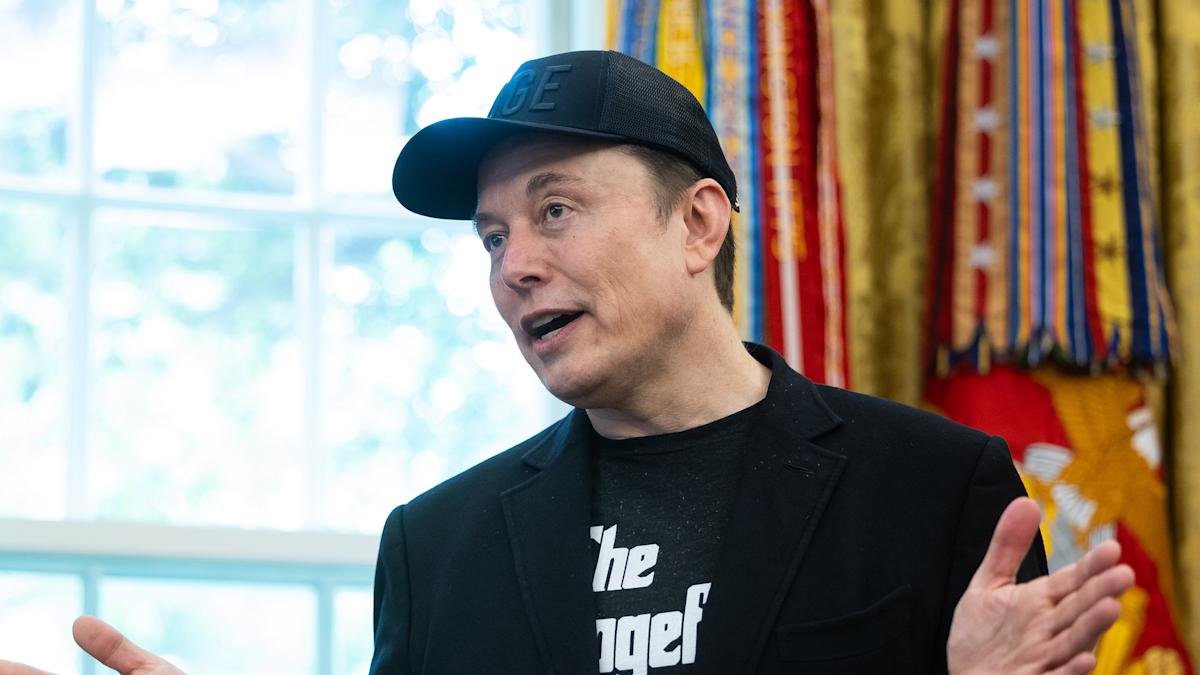Elon Musk said his high-profile effort to cut government waste with the Department of Government Efficiency (DOGE) has made “some progress but not enough.”
The tempered assessment comes amid reported tensions between Musk and President Donald Trump, whose administration launched the initiative. Although Musk announced his intention to step down from leadership of DOGE, the department will continue in its attempt to cut unnecessary spending by the federal government.
Be Aware: Trump Isn’t Ruling Out a Recession This Year — What Could That Mean for Your Wallet?
Find Out: Are You Rich or Middle Class? 8 Ways To Tell That Go Beyond Your Paycheck
Musk said DOGE hasn’t been as effective as he wanted. So, are more cuts coming?
Musk envisioned DOGE as a transformative force to streamline federal operations. His ambitious plan aimed to eliminate wasteful spending, reduce bureaucracy and modernize government technology, with the ultimate goal of saving up to $2 trillion in taxpayer money.
In his first 100 days leading DOGE, Musk claimed the team saved $1.6 billion a day, ABC News reported. However, he admitted the results fall short of his trillion-dollar goal. He blamed entrenched interests and bureaucracy, calling the reform process “like turning a fleet of supertankers.”
Powered by Money.com – Yahoo may earn commission from the links above.
Specifically, Musk emphasized that achieving the revised goal of $1 trillion in federal spending cuts would depend on “how much pain is the cabinet and Congress willing to take.”
“It can be done,” Musk told reporters. “But it requires dealing with a lot of complaints.”
Read Next: Trump Wants To Eliminate Income Taxes: 5 Ways This Could Impact Your Salary in 2025
While Musk said DOGE saved $160 billion by cutting waste, an analysis cited by CBS News estimated the initiative could ultimately cost taxpayers $135 billion this fiscal year.
The report, attributed to the nonpartisan Partnership for Public Service, outlined expenses tied to mismanaged staff cuts, lost productivity and administrative disruptions.
In addition, some experts said the deeper issue was the assumption that government should operate like a business. They said that applying corporate strategies to public systems could create more disruption than efficiency.
“Running a government isn’t like running a business,” said George Carrillo, co-founder and CEO of the Hispanic Construction Council. Carrillo previously served as the Director of Social Determinants of Health for the state of Oregon.
“It’s not about moving fast to sell products or meet quarterly goals,” Carrillo said. “Instead, it’s a slower, more thoughtful process, where every decision impacts real people’s lives.”
Story Continues
